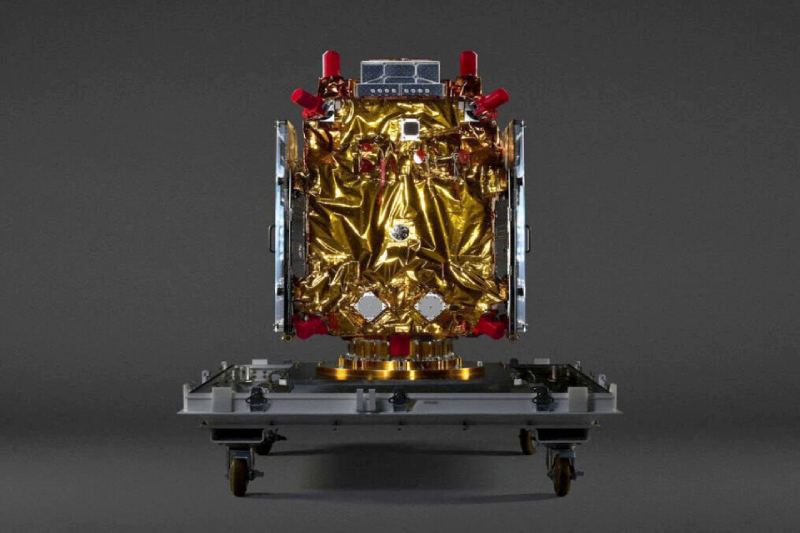
A Japanese Startup Sends Out a Satellite To Track Space Debris
- Technology
- February 19, 2024
In an effort to advance technology for the cleanup of space debris, Japanese firm Astroscale Holdings announced on Monday that it had successfully launched a satellite to examine the condition of a discarded rocket component in orbit. The company deems this a world first.
On Sunday, a satellite from Rocket Lab USA launched from New Zealand to monitor a portion of the H2A rocket body, which Japan launched in 2009 and is now traveling at a high speed 600 kilometers above Earth’s surface.
The number of satellite and rocket launches in recent years has increased the amount of space debris in the atmosphere. There is no proven way to get rid of the debris, even if things like abandoned rocket pieces and retired satellites increase the chance of collisions with operational satellites.
Active Debris Removal by Astroscale-Japan, or ADRAS-J, is the startup’s cuboid-shaped demonstration satellite. It weighs around 150 kilograms and is roughly 80 centimeters long and wide by 1.2 meters high.
The business intends to get within a few meters of the H2A No. 15 rocket’s second-stage portion and monitor and take pictures of it while it is in orbit, documenting its spinning motions as well as the degree of deterioration and damage.
The portion is about 11 meters long, 4 meters in diameter, and weighs around 3 tons.
Nobu Okada, a former bureaucrat in the Finance Ministry, created Astroscale in 2013 to provide a for-profit space debris cleaning business. Its future goals include burning up space junk in the atmosphere after gathering it with a robotic arm mounted on a satellite.